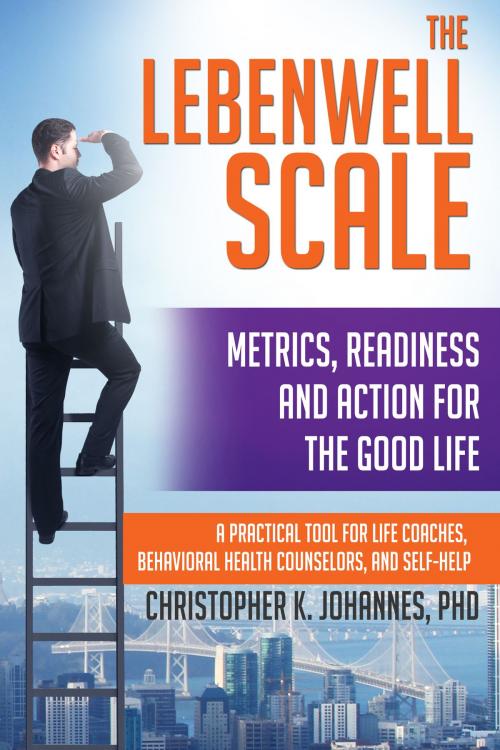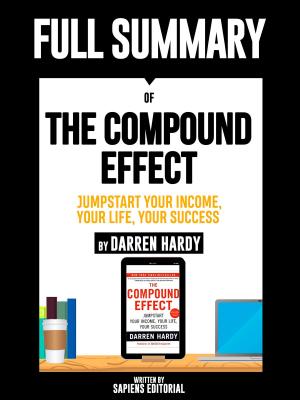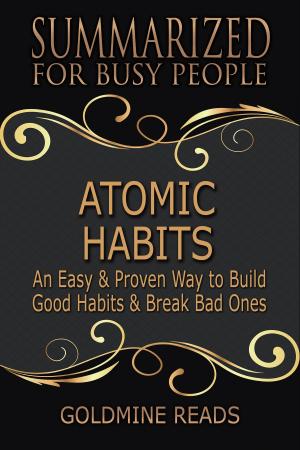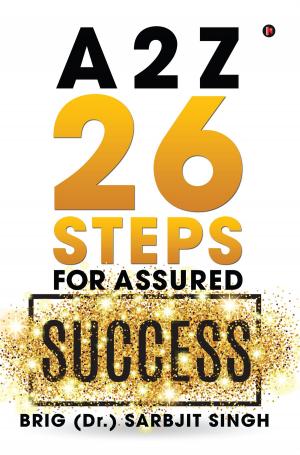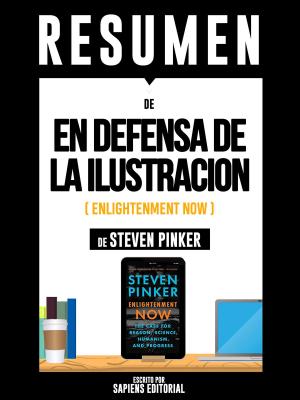The Lebenwell Scale: Metrics, Readiness and Action for the Good Life -- a Practical Tool for Life Coaches, Behavioral Health Counselors, and Self-help
Nonfiction, Health & Well Being, Self Help, Self Improvement, Success| Author: | Christopher K. Johannes | ISBN: | 9780463637029 |
| Publisher: | Christopher K. Johannes | Publication: | June 23, 2018 |
| Imprint: | Smashwords Edition | Language: | English |
| Author: | Christopher K. Johannes |
| ISBN: | 9780463637029 |
| Publisher: | Christopher K. Johannes |
| Publication: | June 23, 2018 |
| Imprint: | Smashwords Edition |
| Language: | English |
This book offers a measure of "the good life" as well as practical resources, metrics, and guidance that can be used both for self-help and as a practical tool for life, wellness, and success coaches to help individuals successfully move forward in their lives from who and where they are to who and where they want to be. The LebenWell Scale (LWS) - the main feature of the book -- is a behavioral health assessment and goal planning tool based on the positive psychology and wellness literature consisting of a comprehensive 61-item self-assessment of current life satisfaction (yielding a composite score of "the good life" --successful living and well-being-- and time-bound metrics of current status and desired outcomes for each component item) useful for stimulating insights and reflective thought, crafting vision statements, goal setting, and action planning. The user amendable scale flexibly integrates domains that cover life satisfaction, emotional and social intelligence, quality of life, mindfulness, life skills, effective living, health and well-being. The scale offers the user the opportunity to individualize each of the component constructs and target domains with personally meaningful and culturally sensitive terms to suit aims. The book chapters feature: the LWS scale; a separate graphic measure of well-being only; reflective journal prompts for metric insights, vision statements, and goal planning; a preliminary action step readiness tool (stages of change); links to free skills development resources and online guided practices (e.g. mindfulness, self-regulation); and links to several free online assessments known to facilitate personal development and the life success experience. Overall, the scale, reflective prompts, and suggested exercises are designed to assist clients in gaining clarity on where they presently are in life in relation to where they really want to be, helping them with readiness and goal planning, and creating focus for initial action steps that align with a compelling vision. Coaches, in particular, will like the flexible and practical value of the LWS (for use in practice), the readiness planning checker (and potential ancillary goal work) consistent with Prochaska and DiClimente’s Transtheoretical Stages of Change Model, the action step worksheet, the coach ready assessments and skill building links, and all the coaching prompts and questions. An additional bonus for those seeking personal coaching services is offered in the Appendix.
This book offers a measure of "the good life" as well as practical resources, metrics, and guidance that can be used both for self-help and as a practical tool for life, wellness, and success coaches to help individuals successfully move forward in their lives from who and where they are to who and where they want to be. The LebenWell Scale (LWS) - the main feature of the book -- is a behavioral health assessment and goal planning tool based on the positive psychology and wellness literature consisting of a comprehensive 61-item self-assessment of current life satisfaction (yielding a composite score of "the good life" --successful living and well-being-- and time-bound metrics of current status and desired outcomes for each component item) useful for stimulating insights and reflective thought, crafting vision statements, goal setting, and action planning. The user amendable scale flexibly integrates domains that cover life satisfaction, emotional and social intelligence, quality of life, mindfulness, life skills, effective living, health and well-being. The scale offers the user the opportunity to individualize each of the component constructs and target domains with personally meaningful and culturally sensitive terms to suit aims. The book chapters feature: the LWS scale; a separate graphic measure of well-being only; reflective journal prompts for metric insights, vision statements, and goal planning; a preliminary action step readiness tool (stages of change); links to free skills development resources and online guided practices (e.g. mindfulness, self-regulation); and links to several free online assessments known to facilitate personal development and the life success experience. Overall, the scale, reflective prompts, and suggested exercises are designed to assist clients in gaining clarity on where they presently are in life in relation to where they really want to be, helping them with readiness and goal planning, and creating focus for initial action steps that align with a compelling vision. Coaches, in particular, will like the flexible and practical value of the LWS (for use in practice), the readiness planning checker (and potential ancillary goal work) consistent with Prochaska and DiClimente’s Transtheoretical Stages of Change Model, the action step worksheet, the coach ready assessments and skill building links, and all the coaching prompts and questions. An additional bonus for those seeking personal coaching services is offered in the Appendix.
